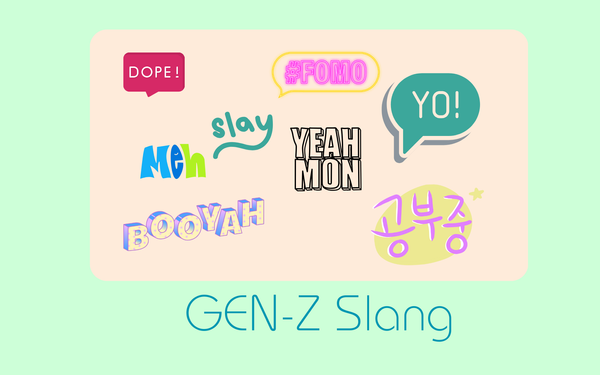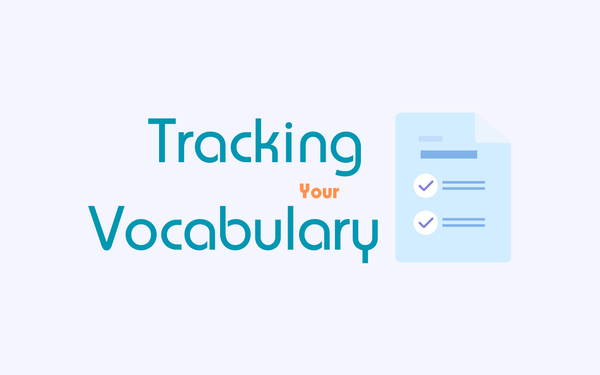The Science Behind Forgetting Words
Forgetting words is a common phenomenon that most people experience at some point in their lives. The science behind forgetting words is complex and involves various factors that contribute to the phenomenon.

Have you ever found yourself struggling to recall a word that was on the tip of your tongue? It's a common experience that many of us face from time to time. But have you ever wondered why we forget words and what we can do about it? Let's delve into the science behind forgetting words and explore practical strategies to overcome this challenge.
Why Do We Forget Words?
To understand why we forget words, let's take a quick look at how memory works. Our brains store information in different areas, including short-term memory and long-term memory. When we encounter a new word, our brain processes it and stores it in our memory for future use. However, sometimes we struggle to retrieve these words when we need them, leading to moments of frustration and embarrassment.
There are several reasons why we forget words:
- Interference: One of the main reasons why we forget words is interference. Interference occurs when new information interferes with the retrieval of old information. For example, if you learn a new word that has a similar meaning to an old word, it can be difficult to recall the old word when you need to use it.
- Decay: Another factor that contributes to forgetting words is decay. Decay occurs when memories fade over time due to a lack of use or rehearsal. If you don't use a word for a long time, it can become more difficult to recall it when you need it.
- Lack of Practice: Like any skill, vocabulary requires practice to maintain and improve. If we don't regularly use certain words or concepts, they may become harder to recall over time.
- Stress and Anxiety: High levels of stress or anxiety can affect our cognitive functions, making it more difficult to retrieve words and information from our memory banks.
Strategies to Improve Vocabulary Recall
The good news is that there are several strategies we can use to improve our ability to recall words:
- Contextual Clues: Pay attention to the context in which you encounter new words. Understanding the meaning of surrounding words or phrases can help trigger your memory.
- Word Association: Create associations between new words and familiar concepts or experiences. Making connections can make it easier to retrieve words when you need them.
- Mnemonic Devices: Mnemonics are memory aids that help us remember information more effectively. Try creating rhymes, acronyms, or visual images to associate with new words.
- Practice: The more you use new words in your daily conversations and writing, the more likely you are to remember them. Make an effort to incorporate new vocabulary into your everyday language.
Dictozo: Your Vocabulary Companion
Now that we've explored why we forget words and strategies to improve vocabulary recall, let's introduce you to Dictozo. Dictozo is a user-friendly tool designed to help you enhance your vocabulary retention effortlessly.
Here's how Dictozo works:
- Word Highlighting: With Dictozo, you can save and automatically highlight words on any website or document. This feature allows you to focus on unfamiliar words and their meanings while reading.
- Instant Definitions: Simply hover over a highlighted word, and Dictozo will provide you with instant definitions and explanations. Say goodbye to the frustration of searching for word meanings online or in a dictionary.
- Personalized Learning: Dictozo adapts to your learning style and preferences, making vocabulary acquisition a personalized and enjoyable experience.
By incorporating Dictozo into your daily routine, you can expand your vocabulary, improve word recall, and become a more confident communicator.
Forgetting words is a common phenomenon that can be frustrating but manageable. By understanding the science behind memory and implementing practical strategies like those mentioned above, you can improve your vocabulary recall and communication skills. And with tools like Dictozo at your disposal, enhancing your vocabulary has never been easier.
Start your journey to better vocabulary retention today!




